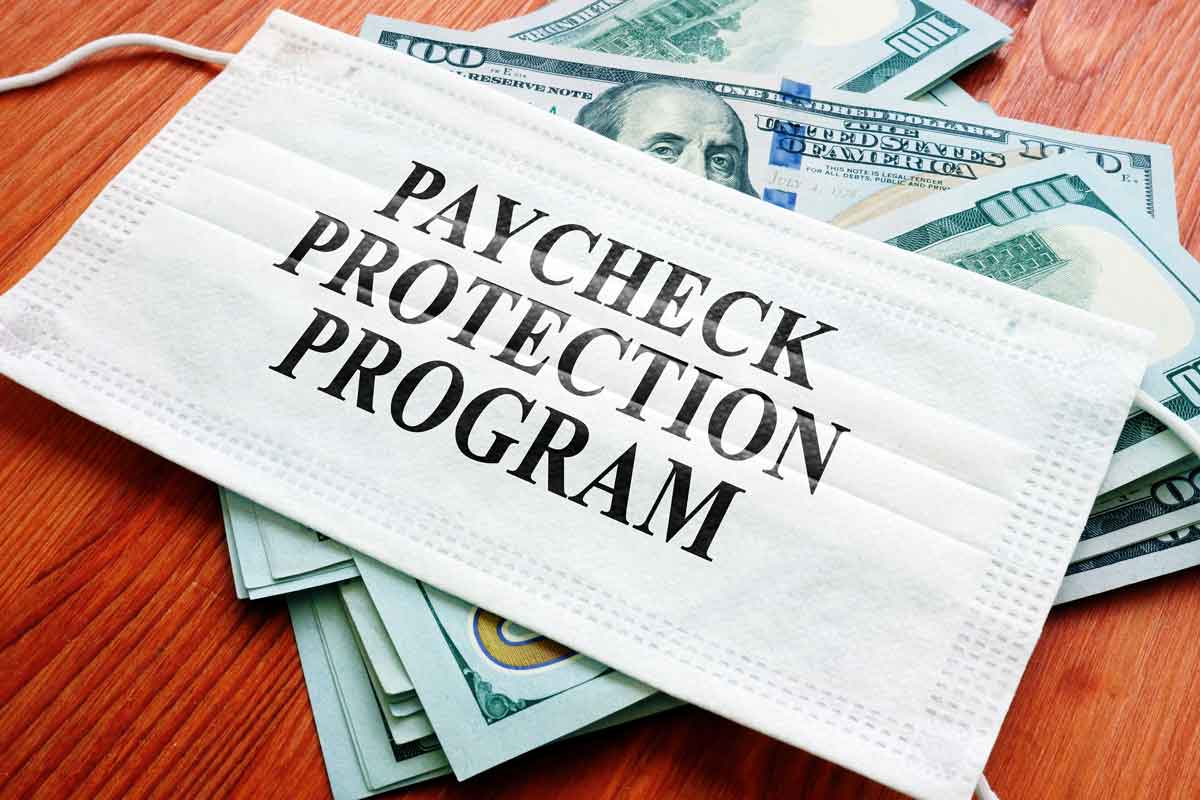Generally, when loans are forgiven or canceled, the canceled amounts are includable as income. When the CARES Act established the Paycheck Protection Program (PPP), Congress specifically included language that PPP loan forgiveness would be excluded from gross income, thus creating an exemption for PPP loan forgiveness. Sounds good…so far.
In May 2020, the IRS released Notice 2020-32. The IRS Notice indicated that while forgiven debt was not income, the otherwise deductible expenses paid with PPP loan funds (i.e., covered expenses) were non- deductible (effectively making the loan forgiveness taxable). The Notice went on to cite certain sections of Internal Revenue Code as well as certain tax court cases, which seemed to support their conclusion.
This position has caused wide-spread dissent from business owners and tax professionals. Even members of Congress have vocalized that this was not their intention. Tax advisors have been left in a state of limbo, awaiting further guidance from the IRS while trying to advise clients on what this means for their 2020 tax liabilities and cash flow needs.
Finally, in late November, the IRS issued Revenue Ruling 2020-27. The IRS doubled down on their earlier position and clarified questions on the tax treatment of covered expenses. The Revenue Ruling clarified that any PPP covered expenses incurred are not deductible. Furthermore, regardless of when the forgiveness is approved (in 2020 or 2021) if forgiveness is “reasonably expected” then a taxpayer may NOT deduct these expenses on the 2020 tax return. Revenue rulings are controlling law but secondary to subsequent legislation, regulations, and court decisions.
The IRS also issued a companion Revenue Procedure 2020-51 which advised on how and when to deduct the covered expenses if loan forgiveness is ultimately denied (and the PPP loan must be paid back). If denied, the taxpayer has the choice to either amend the original return (if already filed) or they can simply deduct the expenses on the current year’s return. Additionally, a special notice to the IRS is to be included with the return stating the details of the PPP funds received.
We are advising our clients to take a ‘hope for the best, plan for the worst mindset’. While it is certainly possible Congress will be able to pass legislation to reverse the present IRS position, taxpayers must plan that these covered expenses will not be deductible on 2020 tax returns.
Visit this blog article for more PPP updates.
Stay tuned
Join our email list to receive updates as they are available.





